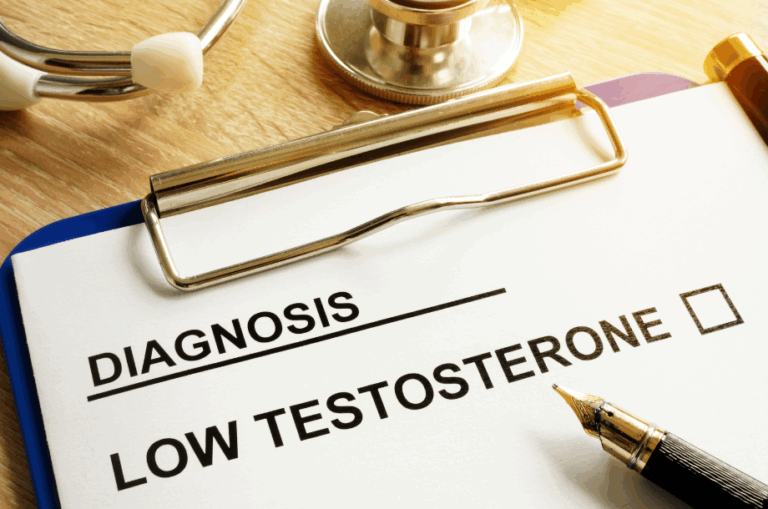Oral antibiotics are tied to colorectal cancer (CRC). Researchers matched over 28,000 patients with CRC found in the Clinical Practice Research Datalink database with controls. Results showed that CRC risk depends on antibiotic type and location in the colon, but overall, CRC risk was dose dependent with any antibiotic use. Antibiotics with anti-anaerobic activity, which disrupts the gut microbiome in a way that allows carcinogenic microbes to develop, posed the greatest risk, especially in the proximal colon. These antibiotics include penicillin (ampicillin and amoxicillin). Interestingly, antibiotics showed a protective effect against rectal cancers, specifically in doses of more than 60 days of antibiotic exposure when compared to no antibiotic exposure. While the study was funded by Johns Hopkins Fisher Center Discovery Center and Bloomberg-Kimmel Institute for Cancer Immunotherapy, the study reported indirect competing interests, including receiving financial support from pharmaceutical companies. Gut
Takeaway: While these results do not prove a causal link between antibiotic use and CRC, it is evident that they are at the very least a strong contributing factor. Despite the study’s findings in the area of rectal cancers, researchers who conducted the study state that their findings stress the importance of the judicious use of antibiotics: “Use of antibiotics, even narrow-spectrum antibiotics, exerts strong, persistent effects on the structure of the gut microbiota and impairs the integrity of the intestinal barrier…Antibiotics allow for colonization of pathogenic microbes, and thus, may enable colonization with carcinogenic bacteria that induce local inflammation and tumor formation.








